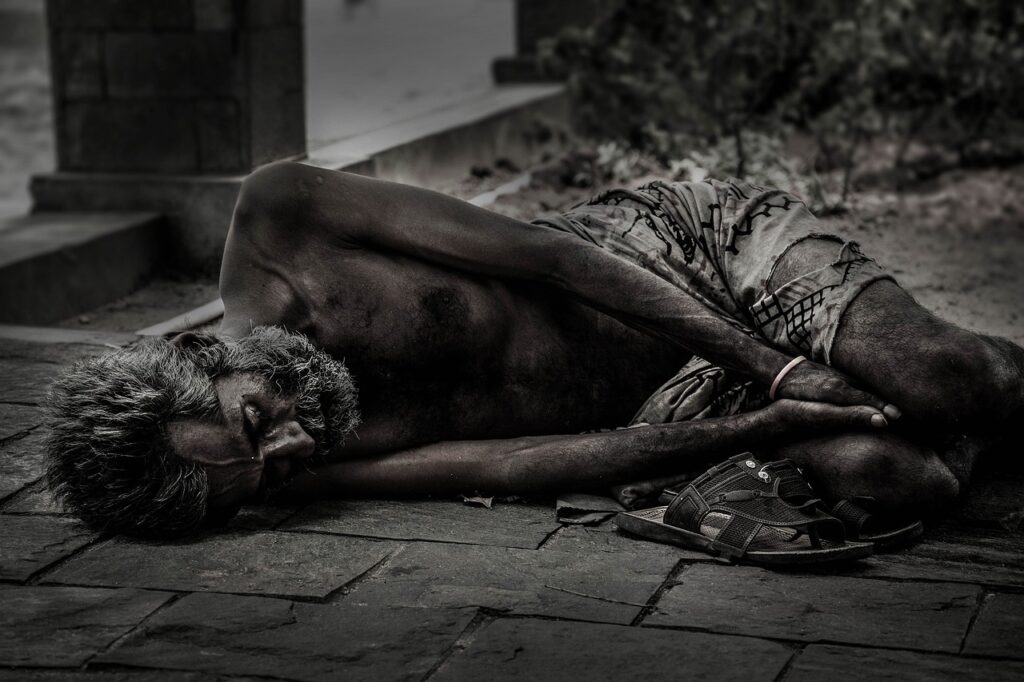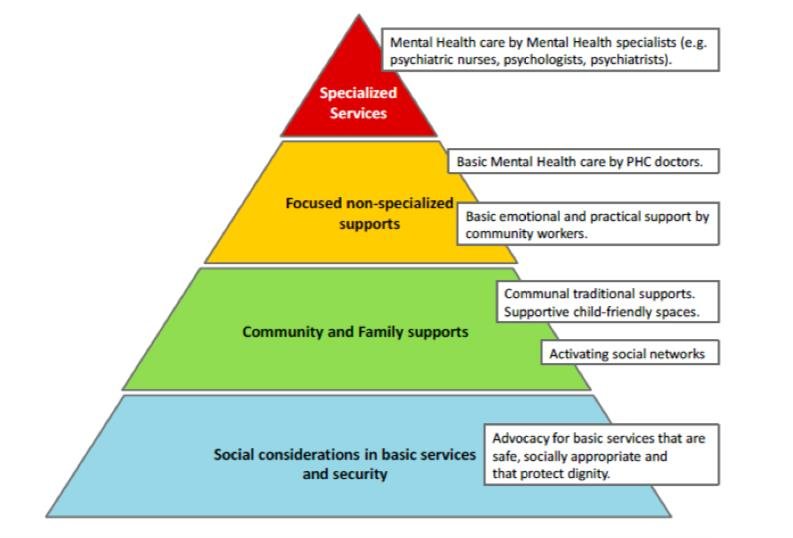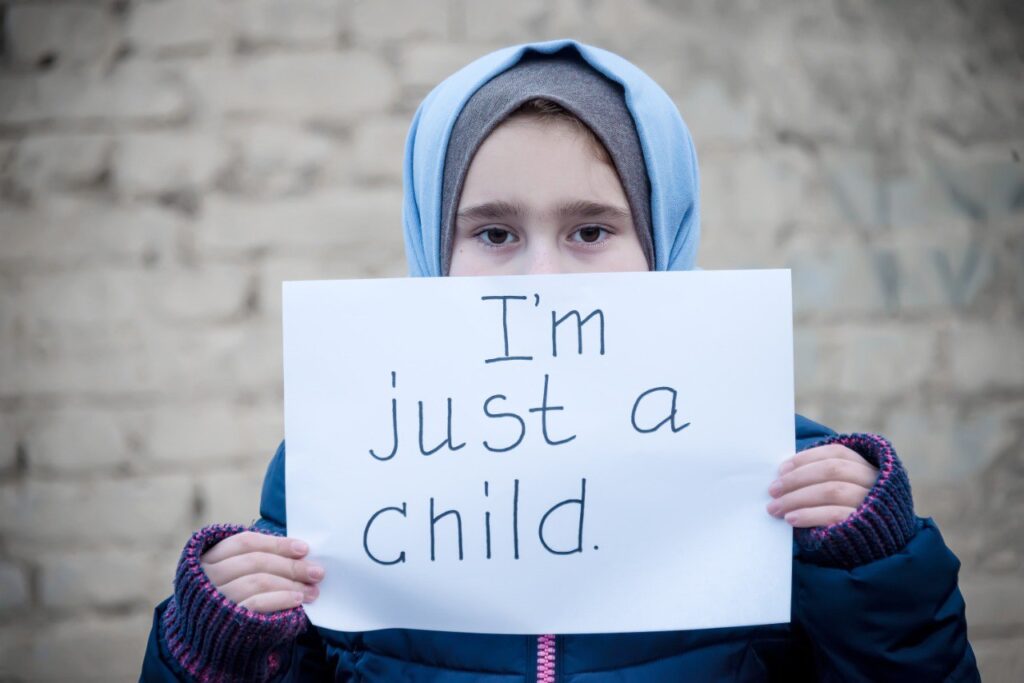Yemen crisis
Yemen has been in a state of war for over seven years, and the conflict has had a devastating impact on the country’s population. The war has led to widespread poverty, hunger, disease, and displacement.
Poverty and Hunger
The war has caused a sharp increase in poverty in Yemen. The poverty rate in Yemen has risen from 35% in 2014 to 65% in 2023. This means that over 20 million people in Yemen now live below the poverty line.
Poverty has led to widespread hunger in Yemen. 16.2 million people in Yemen are food insecure, and 5.3 million people are at risk of famine.
Disease
The war has also led to an increase in the spread of disease in Yemen. According to the WHO, 19.7 million people in Yemen are in need of healthcare, and 4.2 million people are at risk of cholera.
Some of the diseases that are most common in Yemen include:
- Malaria
- Diarrhea
- Measles
Crime and Violence
The war has also led to an increase in crime and violence in Yemen. 17.4 million people in Yemen have been displaced by the conflict, and 1.2 million people are living in internally displaced persons (IDP) camps.
IDP camps are often overcrowded and unsanitary, and they are a breeding ground for crime and violence.
Weak Education
The war has also had a negative impact on education in Yemen. 2.2 million children in Yemen are out of school.
The Plight of Children, Women, the Elderly, and the Disabled
The war has had a particularly devastating impact on children, women, the elderly, and the disabled.
Children are the most vulnerable to the effects of the war. They are more likely to be killed, injured, or orphaned. They are also more likely to suffer from malnutrition, disease, and lack of access to education.
Women are also disproportionately affected by the war. They are more likely to be victims of violence, including sexual violence. They also face increased challenges in providing for their families.
The elderly and the disabled are also at risk of neglect and abuse. They are often unable to care for themselves, and they may not have access to the services they need.



